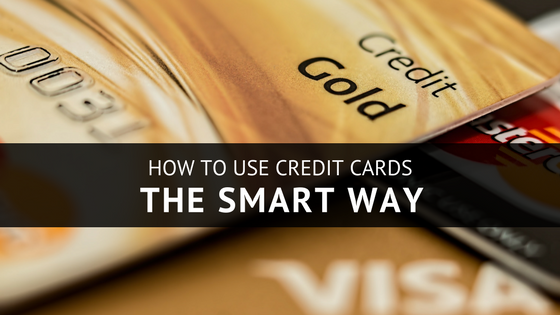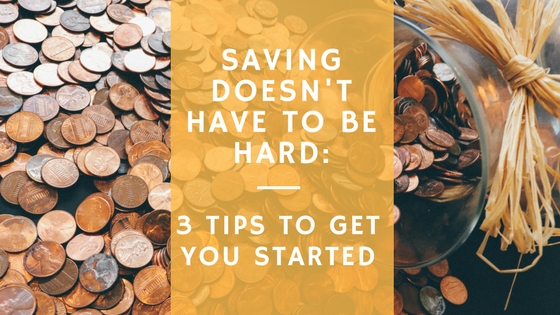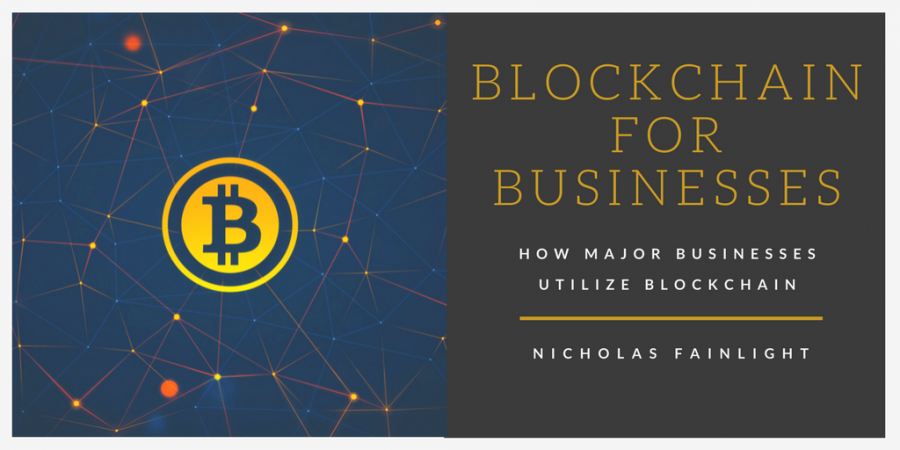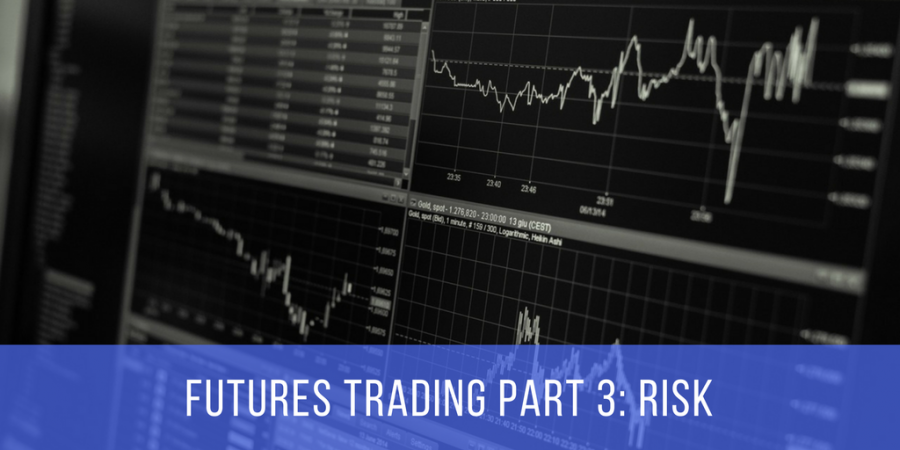Get Your Hustle On
It has been reported that over 45% of Americans have their own side hustle. This is a huge number, and this means that it is quite possible for anyone to have a successful side hustle from home. What exactly is a side hustle? A side hustle is a job that you do on your own apart from the job where you make the majority of your income. The great thing about a side hustle is that it can eventually turn into a full-time job. Generally, a side hustle can be an interest that a person has on the side, or it can be a special skill that a person has acquired. There are plenty of great side hustles that can be done directly from home.
Sign Language Interpreter
Sign language interpreters are needed all over. Deaf folks need to be able to communicate freely, so they leverage the skills of a sign language interpreter. Sign language interpreters can work directly from home as long as they have the platform to be able to do a video phone call. Depending on what state that a person is located in, extra training may be needed, but sign language skills can be extremely helpful as a side hustle.
Freelance Writing
Ghostwriting can be a great way to make extra income. A ghostwriter is a person who writes about different topics according to the client’s needs. Ghost riders can be used for SEO purposes, and they also can be used for blogs. There are several classes that a person can take in order to improve on writing and grammar skills. Good writing skills are highly desirable, and apart from freelance writing, there are professionals who are looking for copywriters and grammar experts as well.
Taking Surveys
Surveys are another great way to earn money as a side hustle. Brands need to improve on their products and services, and by going to certain platforms, it is easy to take surveys about those items. Surveys can pay anything from pennies to hundreds of dollars, and they can be taken any time of the day.
Get on Board with a Side Hustle
Apart from the side hustle that I mentioned here, there are hundreds of other side hustles that have yet to be invented. Wherever there is a need, a side hustle can come in and take care of it. Since so many Americans have gotten hip to the value of owning their own businesses on the side, there are more and more opportunities opening every day for savvy innovators.










